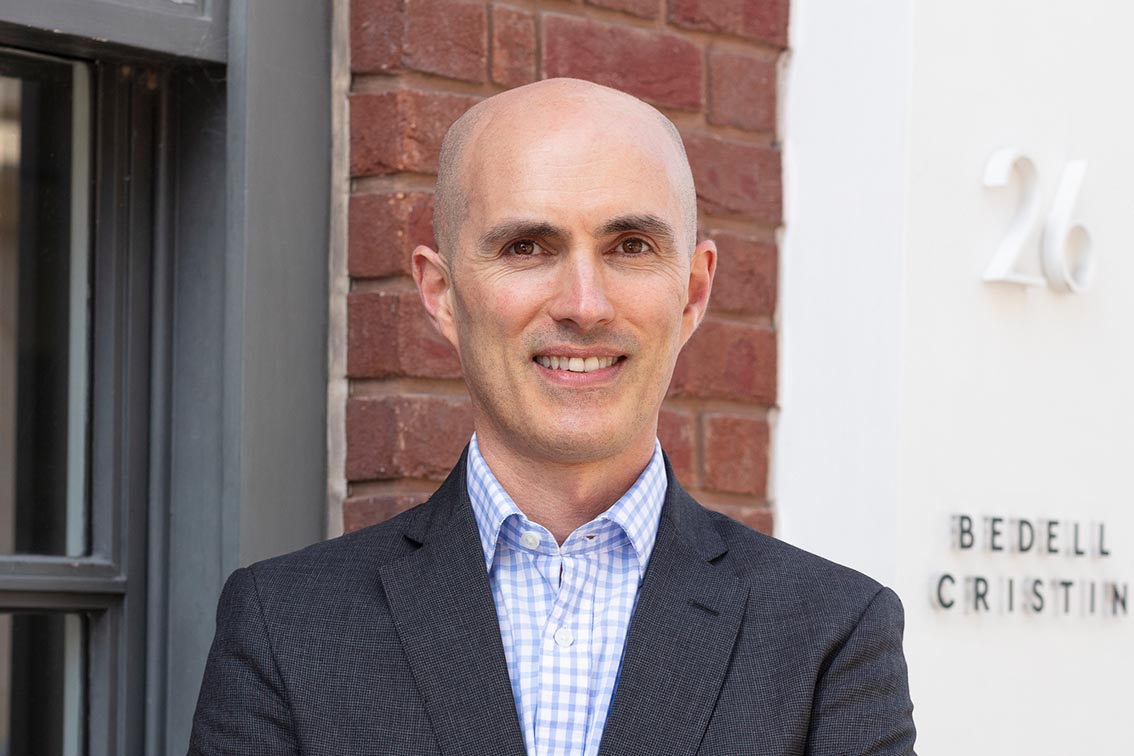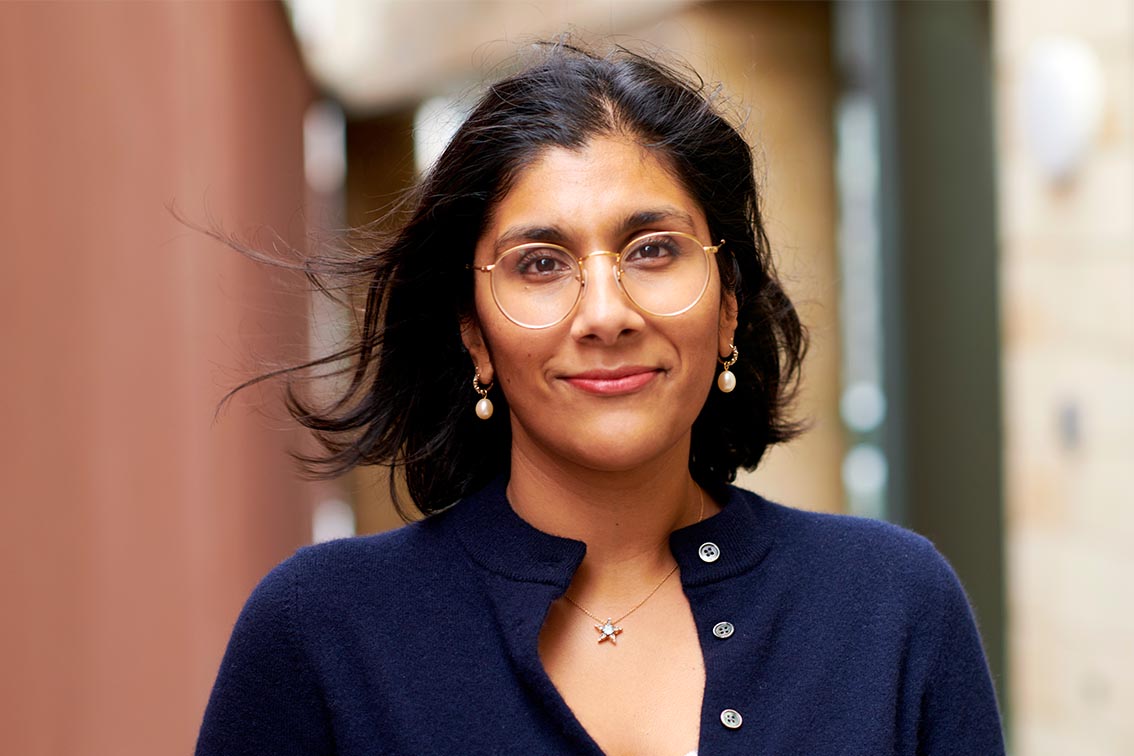On 11 September the Royal Court handed down its judgment in Crociani & O'rs v Crociani & O'rs [2017] JRC146 in favour of the Plaintiffs, Cristiana Crociani and her minor daughters, following the trial, which ran from mid-January until early April 2017. The defendants included Edoarda Vesel Crociani, BNP Paribas Jersey Trust Corporation Limited, Appleby Trust (Mauritius) Limited and Camilla de Bourbon des Deux Siciles. Bedell Cristin acted for the Plaintiffs for five years in this long running case; the team worked meticulously, alongside Eason Rajah QC of Ten Old Square, to achieve the successful outcome.
The comprehensive judgment represents a massive win for Cristiana Crociani and her family after five years of hard fought litigation, including a challenge to the Royal Court's jurisdiction to hear the case which the Defendants took to the Privy Council. It rejected the Defendants' appeal in November 2014. By then the Plaintiffs had lost nearly two years in progressing the case to trial and had incurred considerable extra expense. For a case of this size and complexity to be tried a little over two years later shows that Jersey is a robust and effective jurisdiction with excellent case management. The Royal Court also employed the latest technology to run a "paperless" trial, which undoubtedly reduced the number of court days.
Delighted with the result, Cristiana Crociani commented: "Throughout the five years I have worked with Bedell Cristin's litigation team they have been thorough, proactive and relentless in their pursuit of the claims to achieve results. They communicated well, keeping me updated and guiding me through the complex process. I would not hesitate to recommend them."
The case
The case concerned a Bahamian trust settled by Edoarda Vesel Crociani in 1987 for the benefit of her young daughters, Camilla and Cristiana ("the Grand Trust"). Edoarda was the widow of an extremely wealthy Italian industrialist, Camillo Crociani, who had built up a successful engineering, technical and logistics services business in Italy called Vitrociset SPA. He had amassed considerable wealth, including a tremendous collection of fine art. Edoarda had, in her youth, been an actress and appeared in a number of Italian films. She married Camillo, who was 20 years her senior, when she was 30. A financial scandal drove the family from Italy, and Camillo died in 1980 when they were living in Mexico. Edoarda moved to New York with her young daughters and bought a large apartment on Fifth Avenue. She was contemplating taking up residence there and sought advice from the U.S. law firm Finley Kumble about how best to structure her affairs, as at that time she had the benefit of significant income from outside the U.S. as she was then the owner of Vitrociset, founded by her late husband. Finley Kumble went into liquidation soon after, and while the firm's files were not available to the court, it was assisted in understanding the advice which had been given to Edoarda by a few surviving documents and the evidence of eminent U.S. tax experts between whom there was a large measure of agreement.
The key issue in the case was whether Edoarda Vesel Crociani was ever intended to benefit from the Grand Trust. There had been an appointment of assets out of the Grand Trust (with an estimated value of US$132m, comprising a portfolio of investments, receivables and works of art) made in 2010 by the trustees at the time, including BNP Paribas Jersey Trust Corporation Limited ("BNP"). The 2010 Appointment was made to a trust called the Fortunate Trust, of which Edoarda was not only the sole beneficiary during her lifetime, but over which she held extensive powers, including the power to revoke it and to take its assets for herself. As events transpired, following a breakdown in family relations between Cristiana, on the one hand, and her mother and sister on the other, Edoarda did indeed revoke the Fortunate Trust. The provision of the Grand Trust under which the 2010 Appointment was done ("clause Eleventh") expressly provided that such an appointment from the Grand Trust to another trust had to be "in favour or for the benefit of all or any one or more exclusively of the others or other of the beneficiaries (other than the settlor)…". Unsurprisingly, the Plaintiffs' construction of that clause, shared by the Royal Court, was that it precluded an appointment of assets from the Grand Trust to another trust from which Edoarda could benefit. The 2010 Appointment was outside that provision. Cristiana and her own young daughters have now successfully sued as beneficiaries of the Grand Trust to reconstitute the trust fund for what had been paid away to her mother by the then trustees and for lost value since 2010. This breach of trust claim was not the only one but it was the largest claim in the case.
Edoarda's case throughout had been that she was intended to be able to benefit from the Grand Trust through a Bahamian company called the Camillo Crociani Foundation Limited which was named as a beneficiary. However, the Foundation had been set up some months before the creation of the Grand Trust as a not for profit guarantee company with exclusively charitable objects. No doubt anticipating the problem that created for her case, after the failure of the forum challenge, Edoarda amended her case to claim, in the alternative, that if it were found by the court that she could not benefit from the Grand Trust then she had set it up, and settled assets within it, based on a mistake as to her ability to benefit and it should therefore be set aside - a plea that would not have sat easily with her case in the forum challenge which hinged on the terms of the Grand Trust being valid.
In the event, with the trial due to commence on the following Monday, Edoarda wrote to the court on Friday, 13th January (indeed an unlucky day for her co-Defendants) to say she would not attend the trial to give evidence nor would she be legally represented at trial. Camilla had written in similar terms. The Royal Court had little trouble in concluding that both had deliberately decided to stay away. Edoarda's excuse that she was too old and ill to attend was unsubstantiated by any evidence and somewhat weakened in the eyes of the Royal Court by Facebook photographs showing her partying at the Sporting Club in Monaco on New Year's Eve and, as the judgment notes, seemingly in "rude health".
One effect of Edoarda staying away was that the Royal Court quickly dismissed her alternative case in mistake as she was not there to prosecute it. The case was now solely concerned with the construction of terms of the Grand Trust, without evidence of her subjective intent being admissible, set against the factual matrix at the time it was set up.
The most important aspect of the factual matrix was the Finley Kumble tax planning that lay behind the creation of the Grand Trust. The court found, with the assistance of the U.S. tax experts, that the Grand Trust was meant to be a foreign non-grantor trust. By settling it before she took up U.S. residence for tax purposes, a so-called "drop-off" trust, she would not face a federal income tax charge on its income. What she settled on the Grand Trust was a valuable long-term Promissory Note paying interest funded out of dividends from Vitrociset. In time those payments amounted to the sizeable fund, which was paid away in 2010. Key to the success of this tax planning was the requirement that Edoarda Vesel Crociani, as settlor of the Grand Trust, could not benefit from it in any way, including through the Foundation which the court found had exclusively charitable objects. The terms of the Grand Trust, including clause Eleventh, were all consistent with that advice.
Those Defendants who did continue with the trial were Edoarda's fellow trustees at the time of the 2010 Appointment - a Dutch lawyer called Paul Foortse (who was exonerated) and BNP - along with Appleby Trust (Mauritius) Limited ("Appleby Mauritius"). Appleby Mauritius had come to be appointed as the replacement trustee for the Grand Trust in 2012 at which time the proper law of the Grand Trust was changed from that of Jersey to that of Mauritius. The Royal Court granted the Plaintiffs' application to set aside the appointment as not being in the interests of the beneficiaries of the Grand Trust as a whole. It went further in finding that it had been motivated by the desire on Edoarda's part to impede Cristiana's claims and the subsequent conduct of Appleby Mauritius demonstrated that it shared that intention.
Appleby Mauritius emerges from the judgment in a poor light. The worst of its behaviour concerns its astonishing decision in early 2016, whilst these proceedings were ongoing, to stand down as trustee without notice to the court or the other parties. Before it did so, it purported to amend the terms of the Promissory Note (the last asset remaining in the Grand Trust after the 2010 Appointment) delaying its repayment by the debtor company (now owned by Camilla) from December 2017 to December 2022. The Royal Court found the exercise to be manufactured and not a genuine negotiation. Having done so it purported to appoint a Mauritius service provider called GFin as the new trustee and to assign the amended Note to it. Both it and GFin purported to confer exclusive jurisdiction on the courts of Mauritius despite the ruling of the Privy Council and GFin used that as a basis for launching fresh proceedings in Mauritius (still ongoing) with Edoarda Vesel Crociani as paymaster asserting that the Royal Court lacked jurisdiction to decide the present case. In setting these actions aside as breaches of trust the Royal Court went further in holding that Appleby Mauritius had interfered with the administration of justice in Jersey by its actions.
The Note remains in the hands of GFin. Appleby Mauritius have been found liable in breach of trust for its loss and there is to be an inquiry into the amount of compensation that will have to be paid. The face value of the Note lies in the region of Euro 52m and Appleby Mauritius has been ordered to pay this money into court. There are other inquiries to be carried out such as into the loss in value of the portfolio appointed out in 2010 and the value of certain paintings also lost to the Grand Trust through the 2010 Appointment. In the round the claims successfully brought home by the Plaintiffs following the trial could amount to US$200m.
No Content Set
Exception:
Website.Models.ViewModels.Blocks.PageBlocks.CardBlocks.DownloadCardBlockVm
Location: Jersey
Related Service: Litigation & Dispute Resolution



